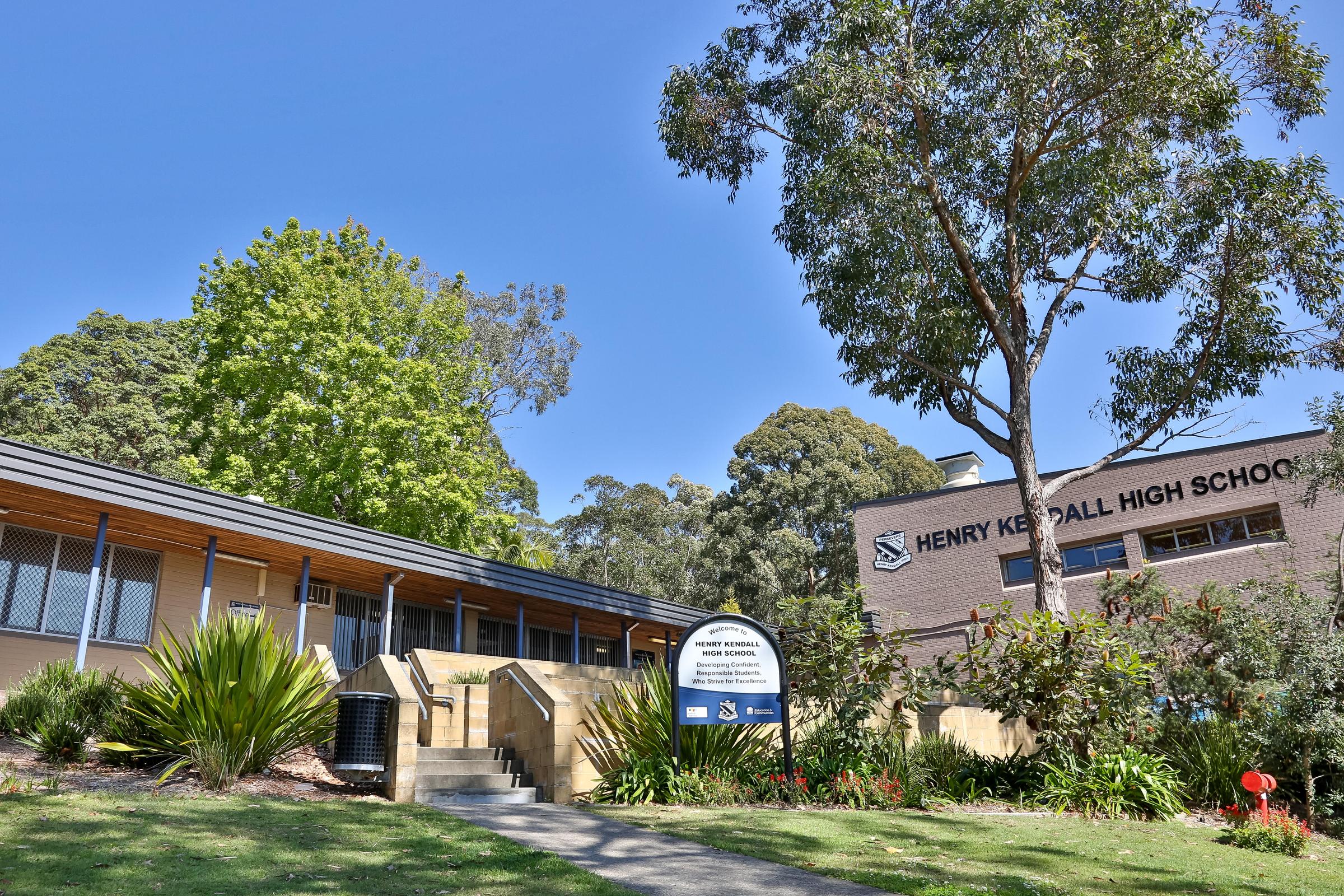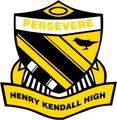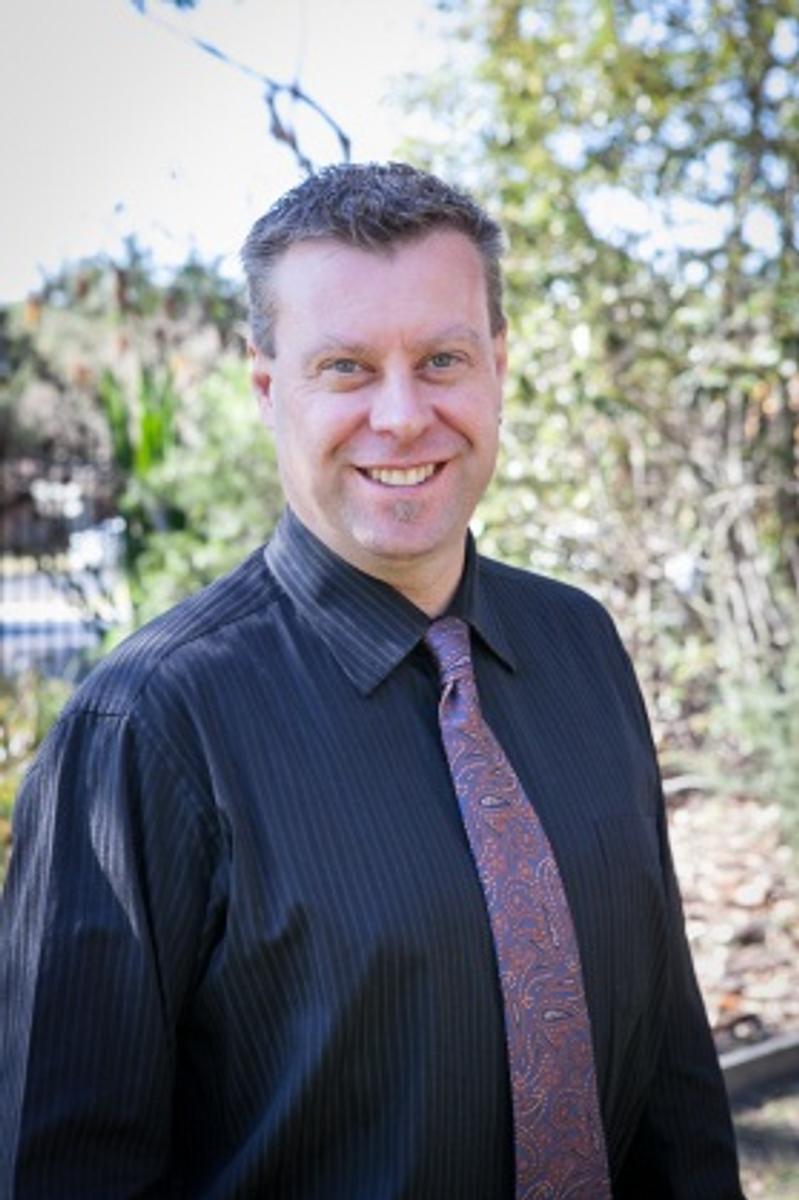Principal's Report

Welcome Back to 2019
Welcome all to our first newsletter for 2019, and to the start of another school year. I hope the Christmas break was relaxing and enjoyable for students and staff alike, and that all have returned refreshed for a challenging and rewarding year. A particular welcome to parents and students new to Henry Kendall High School, especially our new Year 7 cohort.
I would like to take this opportunity to acknowledge and thank our student body for an extremely settled and industrious start to the school year. As a whole our students have returned with a positive and focused mindset, and have engaged themselves straight into learning. It is wonderful to see that our students are keen to make the most of each opportunity and to contribute positively to what is their school.
I would like to welcome a number of new staff. Mr Jarrod Walters is our new Head Teacher of Creative and Performing Arts; Ms Chantelle Sanki is in Mathematics; Mr Blake Allen is in Science; and Mrs Gemma Lucca joins us in Creative and Performing Arts. We are excited to have such a strong array of new staff join our fabulous school and our outstanding team committed to the education of our students.
Outstanding HSC Results
Our HSC results in 2018 provided exciting and outstanding outcomes.
- The band 6 results (over 90%) were 7.2% of our total results – this is the third highest number ever achieved at Henry Kendall High School.
- On top of this 36.7% of all results were in the top two bands (80% or higher) – this is the highest % of results above 80% achieved at this school.
- 64.5% of our results were in the top three bands (above 70%).
- nearly half the courses taught had students attain a result above 90%.
- three quarters of all courses had more than 20% of students in the top two bands (above 80%), and
- two third of all courses had more than 50% of students in the top three bands.
For students seeking admission to university (many of our students will take this path) the ATAR provides another measure of academic achievement.
The highest ranking was 94.85 by Hannah Yeadon, closely followed by Elizabeth Kemister with 94.65. Nine students attained ATAR’s in the 90’s.
Our highest individual examination result was 98% by Sophie Eickleman in Music, closely followed by 96% for Hannah Yeadon in English Extension 2. Thirty individual results were above 90%. Many students achieved ATARs well above 80, providing them with an array of opportunities and choices for university study.
Congratulations to the students of the 2018 Year 12 cohort, and to the fabulous teachers who have taken them through. Henry Kendall High School has been placed as the top comprehensive school on the Central Coast in the HSC – an achievement we have attained in four of the past five years and one of which we are very proud.
Our school’s focus in 2019
2019 see’s continued focus in the eight priority areas of our School Plan;
- Futures Learning
- STEM
- Young Achievers Program
- Student Literacy
- Student Numeracy
- Student Wellbeing
- Staff Wellbeing
- Strategic Communication.
Each of these areas are interconnected and reflect essential components of our thriving school. Every teacher is a member of a team focussed on driving strategies and initiatives in one of these areas that will deliver tangible improvements for our school. Collectively, they represent a school culture focussed on continual improvement and an outstanding education for every student.
This year all staff are engaging in educational research projects as a part of their professional learning and development – another exciting new initiative that places Henry Kendall High School at the forefront of teaching practice.
Our other key focus for 2019 is a really close examination, evaluation and renewal of our Stage 4 curriculum structure (Years 7 and 8). I am committed to learning from success in curriculum practices nationally and internationally, examining how these can be applied within the context of our school, providing innovative and exciting approaches to teaching and learning, and taking informed risks to achieve the best for every student. I am focused on re-imagining our curriculum approaches to ensure schooling that is learner focused, passion based, personalised for every student, equitable and provides assessment for and as learning (rather than to provide a ranking of achievement). This will require a real rethink of what we do, why we do it and what will give our students the best education for the rapidly changing world they will enter.
We have a very busy but purposeful year ahead!
Term 4 School Development Days 2019
Throughout 2019 the staff will be completing additional hours of professional learning. This will be in lieu of the two Development Days at the end of Term 4, when the school will be non-operational.
Parents & Community Association
The P&C Meets in the Nichols Meeting room in the Administration building at 7.00pm on the 3rd Tuesday of each month, with our first P&C Meeting for 2019 being Tuesday 19 February. I welcome all parents to join our P&C and take an active role in our school.
Parent Article
In this edition of our newsletter I have included an article for parents from Michael Hawton addressing concepts of ‘Bullying’ and the importance of building resilience in our children. It is an interesting read and I hope it is of value.
Mr Andrew Backhouse - Principal
Not Every Act of Meanness is Bullying
by Michael Hawton | Sep 10, 2018 | Adolescent, Children
One of our jobs is to help children and young people to interpret events proportionally. However, in recent times, I have seen a shift involving the wrong application of words like trauma, depression and bullying. When these very meaningful words are misused, their misuse can result in unwanted consequences. What might be the ‘unkind’ behaviour of another may, in fact, not be ‘bullying’. In this article we discuss the differences between unkindness and bullying – and how defining the two correctly can teach kids resilience and how to cope with conflict.
Anyone who spends a great deal of time with children or simply remembers their own childhood or schoolyard days, would know that children can be downright mean. An experiment by Debra Pepler at York University brought together children from years 1 to 6 who were identified by their teachers as particularly aggressive or particularly non-aggressive. What the study found was that the aggressive children were mean to others on average every two minutes and more revealingly, the non-aggressive children also displayed mean behaviour but on average every three minutes.
Conflict is unfortunately a part of life that we all deal with, no matter what age.
Bullying is however, way more than that and can have serious and sometimes tragic consequences. Yet the term ‘bullying’ seems to be readily bandied around these days for all forms of ‘mean behaviour’.
According to ‘Bullying No Way’, the National Australian definition of bullying is:
“an ongoing misuse of power in relationships through repeated verbal, physical and/or social behaviour that causes physical and/or psychological harm. It can involve an individual or a group misusing their power over one or more persons. Bullying can happen in person or online, and it can be obvious (overt) or hidden (covert)… Single incidents and conflict or fights between equals, whether in person or online, are not defined as bullying”.
The key terms in the definition of bullying is ‘misuse of power’ and ‘repeated’. The key terms in the definition of what is not bullying is ‘between equals’ and while conflicts or mean and hurtful behaviour may upset a child tremendously, by labelling the mean behaviour ‘bullying’ we may be disempowering children.
It is important for children to understand the difference between someone being insensitive or mean and what constitutes bullying behaviour because being able to successfully resolve and navigate these situations is a huge step in their emotional growth and maturity. If the situation is deemed to be simply mean or hurtful behaviour it is important not to over-play this through misleading terminology (ie bullying) and offer ways for the child to address and resolve this themselves.
Teacher and writer Braden Bell spoke in his article for the Washington Post about his own personal experience when hearing about one of his children experiencing negative and disparaging remarks from a co-worker. His initial fury led him to a biased judgement, defining the perpetrator as a bully but when he eventually calmed down, he realised it did not fit the definition (it was offensive behaviour but not bullying) and so he talked with his wife and then child to find a viable coping solution, which worked out in the end. A way parents can assist with this is by first acknowledging the mean behaviour, for eg ‘that was mean/rude/unkind of her/him’ and then, as Bell suggests, prompting the child to seek some form of resolution or solution by asking ‘“What are your choices?” And, as a follow-up, “What are the likely outcomes of those choices?”. This may not be easy because of heightened emotions and the initial responses may not be great.
Parents who react too defensively for their child at every negative encounter with their child’s peers may be doing more harm than good. In later years the child may not have the necessary tools to independently handle conflict and may feel ‘victimised’ in situations that don’t go their way, potentially causing social engagement and relationship difficulties in later life.
Further in her article in Psychology Today, Eileen Kennedy-Moore, wrote:
… calling every act of meanness bullying sends an unhealthy message: It says to kids, ‘You’re fragile. You can’t handle it if anyone is even slightly unkind to you.’ As these children grow older, they demonstrate less resilience, sometimes publicly. The kids got more easily and deeply upset about perceived offenses, including situations that were unpleasant, but weren’t really bullying. Beyond stunting their emotional maturity, their heightened reactions had negative social consequences, as peers responded by disengaging from them.
By defining the behaviour correctly we are encouraging our kids to assess and respond in a way that with long term practice, creates resiliency and emotional maturity.
Further reading:
Eileen Kennedy-Moore Phd, Psychology Today: Is it Bullying…Or Ordinary Meanness?
Braden Bell, The Washington Post: Not all unkindness is bullying: Here’s why we need to teach kids to differentiate.
Bullying No Way! Australian website for schools bullyingnoway.gov.au/






